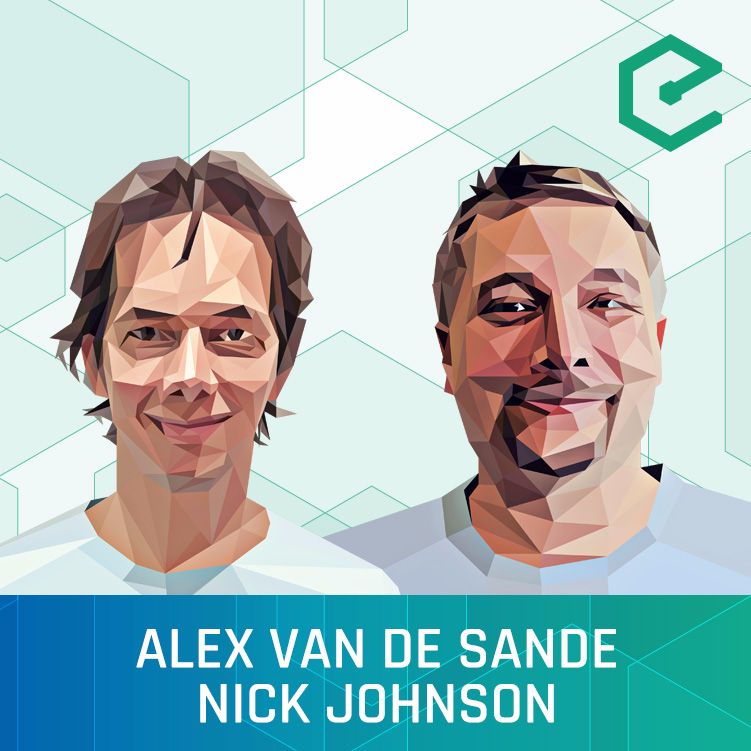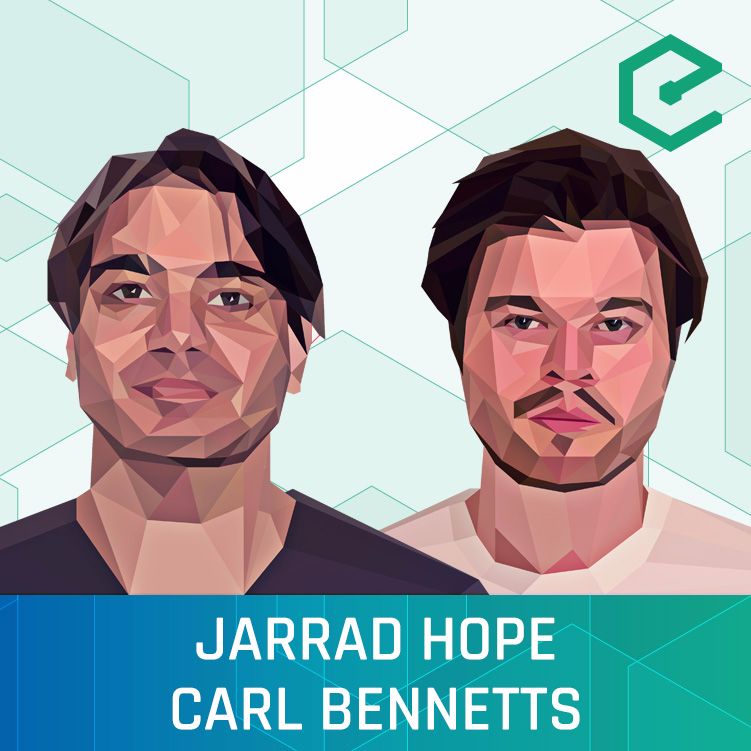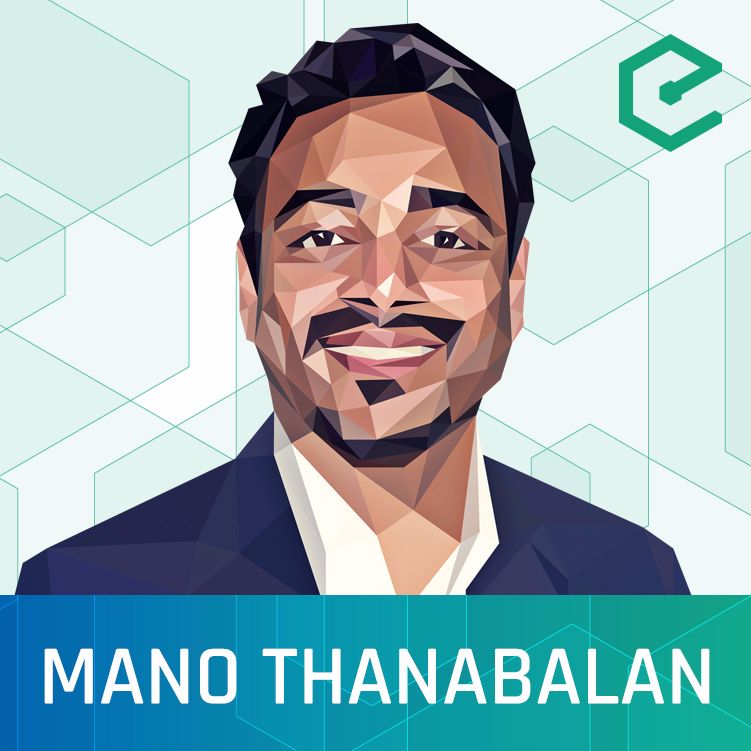
#183 Alex Van de Sande & Nick Johnson: ENS – A Global Naming System for Ethereum
Epicenter - Learn about Crypto, Blockchain, Ethereum, Bitcoin and Distributed Technologies
Support the show, consider donating:
BTC: 1CD83r9EzFinDNWwmRW4ssgCbhsM5bxXwg
ETH: 0x8cdb49ca5103Ce06717C4daBBFD4857183f50935
Naming systems are an important component of any networked information system. It’s difficult to imagine how the Internet could have been adopted by the masses had it not been for the Domain Name System, which translates machine-readable IP addresses into human-readable domain names. Blockchains, with their long and complex address formats, suffer from a similar problem. One might think a solution would be to apply the same naming system architecture we have for the public Internet to public blockchains. But DNS, in the eyes of many, is a largely flawed system. Centrally controlled by the Internet Corporation for Assigned Names and Numbers (ICANN), Internet domain names are vulnerable to censorship and barriers to entry are kept artificially high – registering a new Top Level Domain (ex: .epicenter) costs hundreds of thousands of dollars.
We’re joined by Alex Van de Sande and Nick Johnson to discuss their approach to creating an open, secure and decentralized naming system for the Ethereum Network. The Ethereum Naming System (ENS) allows users to register .eth domain names, which can be used in supporting Ethereum wallets and clients. Names are reserved by placing a deposit in a smart contract and can be mapped to any Ethereum addresses. So rather than sending funds to 0x8cd…0935, one would simply need to type a memorable name like epicenter.eth into their wallet. Backed by the Ethereum Foundation, ENS will likely become the defacto standard for name registration in Ethereum.
Topics covered in this episode:
- Alex and Nick’s respective backgrounds and roles in the Ethereum Foundation
- How the Internet’s Domain Name System works
- The problems and pain points with DNS and how it is governed today
- What is ENS and what problems it is addressing
- The ENS auction system and how names are registered
- The different parties involved in ENS
- ENS’s technical architecture and governing smart contract
- The current governance model of ENS and future plans for increased decentralization of governance
- ENS’s economic model and technical roadmap
Episode links:
This episode was hosted by Meher Roy & Sébastien Couture, and is availble on YouTube, SoundCloud, and our website.
Next Episodes




